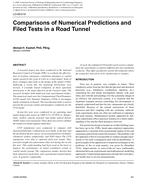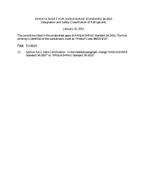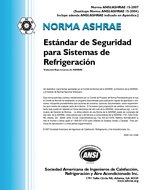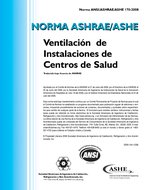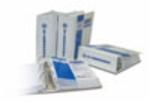Description
A research project has been conducted at the National Research Council of Canada (NRC) to evaluate the effectiveness of in-place emergency ventilation strategies to control smoke spread in the event of a fire in a road tunnel. Some of these strategies date back to the design of the tunnel (1964). Following a recent fire, the operating instructions were revised. A scientific based evaluation of these operation instructions is the main objective of the research study. The research includes both numerical and experimental studies. The numerical study uses the Computational Fluid Dynamics (CFD) model Fire Dynamic Simulator (FDS) to investigate smoke ventilation in tunnels. The experimental study is used to provide the necessary initial and boundary conditions for the CFD model.
In-situ fire tests were conducted in an operating road tunnel using a fire source of 2 MW (1.9 x 103 BTU/s). Temperature, airflow velocity, pressure and smoke optical density (SOD) values were measured. These data was used to validate the numerical model against small fires.
CFD simulations were conducted to compare with measured field data. Comparisons were made, at the near and the far field of the fire source, of several parameters included: volumetric airflow, temperature, and SOD values The CFD simulations were able to replicate field tests trends. They provided insight into phenomena observed during the in-situ fire tests. This understanding had been used as the basis to improve the performance of tunnel ventilation system to control smoke spread. The comparison studies showed that both numerical predictions and experimental measurements were, in general, comparable
As such, the validated CFD model can be used to complement the experiments to analyze different fire and ventilation scenarios. They offer a predictive tool for the situations where the actual fire tests prove to be cumbersome to conduct.
Units: Dual
Citation: ASHRAE Transactions, vol. 115, pt. 2, Louisville 2009
Product Details
- Published:
- 2009
- Number of Pages:
- 11
- File Size:
- 1 file , 1.1 MB
- Product Code(s):
- D-LO-09-019
